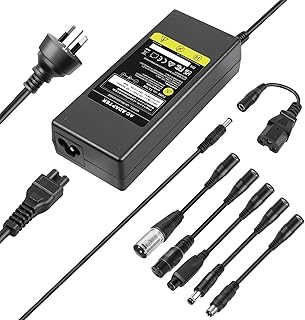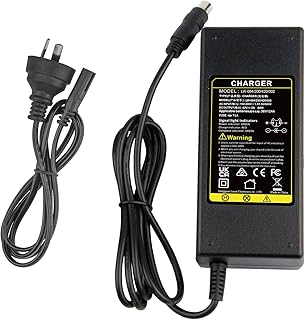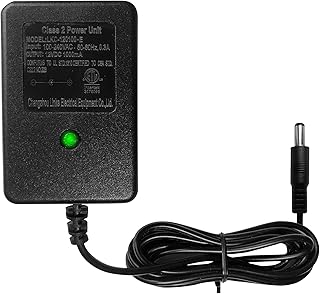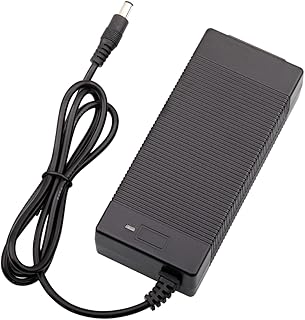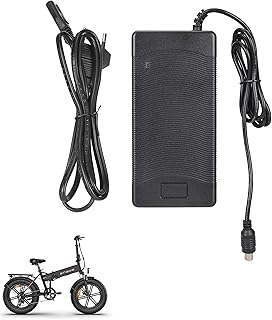The NSW government has decided to delay the implementation of fines related to e-bike certification following industry feedback. The fines, which could have reached up to $825,000, were initially set to take effect on August 1 for manufacturers and suppliers who had not certified their e-bike models and parts, including lithium-ion batteries and chargers. The new product standards, introduced as a safety measure to address fire risks, also applied to hire e-bikes, e-scooters, and skateboards.
Stakeholders expressed concerns about the stringent accreditation deadlines, highlighting issues with homemade kits, illegal imported e-bikes, and low-quality products available online or overseas. Retailers like 99 Bikes and manufacturers such as Trek had to make adjustments to comply with the original timeline but faced challenges in meeting the requirements.
Responding to industry pressure, the NSW government announced a postponement of the certification deadline until February of the following year. This decision aims to alleviate the pressure on businesses and ensure a smoother transition to the new safety standards for e-bikes.
Under the updated regulations, e-bikes must meet international electrical standards and undergo approval before being sold to consumers. The standards include providing information on safe use, storage, charging, and disposal to ensure only compliant products are available in the market. This move is part of an effort to reduce the number of lithium-ion-related fires, which have been on the rise in NSW.
Industry experts like Peter Bourke from Bicycle Industry Australia have raised concerns about the challenges faced by businesses in meeting the certification requirements. The costs associated with testing and the lengthy process have posed significant hurdles for manufacturers and suppliers in the e-bike industry.
Andrew Garnsworthy, the CEO of 99 Bikes, supported the objective of enhancing e-bike safety but cautioned that the initial deadlines could have led to the removal of safer models from the market. He emphasized the importance of balancing safety measures with ensuring that high-quality e-bikes remain accessible to consumers.
Outdoors NSW warned that the certification rules could negatively impact cycle tourism, leading to business closures and jeopardizing government investments in regional adventure tourism. The implications of the regulations extended to hire e-bikes used in food delivery services and the gig economy, which were not exempt from the certification requirements.
The NSW government’s decision to extend the compliance deadline reflects a collaborative approach following consultations with industry stakeholders. While the new timeline offers some reprieve for businesses, the focus remains on ensuring that e-micromobility products meet the necessary safety standards to protect consumers.
Looking ahead, the e-bike industry will continue to navigate the evolving regulatory landscape, with a focus on certifying products and providing clear safety information to consumers. The introduction of mandatory labelling, set to take effect in February, will further enhance transparency and compliance within the industry.
📰 Related Articles
- Lake Macquarie Council Delays Funding Policy Amid Community Concerns
- Harness Racing Faces Prizemoney Concerns Amid Industry Evolution
- Greyhound Racing NSW Cancels Coonamble Carnival, Stirring Industry Concerns
- Fines Urged for E-Scooter Misuse Amid Enforcement Concerns
- Australian Government Raises Student Visa Fees Amid Sector Concerns

